(Young) Teacher Burnout: three small steps to help alleviate the pressure
By Mia Tarau
Sunday, 5th of June, 6 pm.
I am sitting at my computer; my body is tired, but my mind is full of exciting new (work) plans for the coming week, and my soul is happy as can be after a day spent surrounded by turquoise waters, crystal clear blue skies, and sunshine for DAYS. Today’s sunset inspired a reflective journal entry, parts of which I will share below.
The inspiration for this article was a conversation I had with a fellow young teacher who also works as a course coordinator at the same university where I teach in two departments. For a while now I have been observing teachers my age who are also early career academics: during our PhDs, we have been conditioned to constantly take on more as a way to ‘prove ourselves’. This by-product of the PhD journey can be both a blessing and a curse; add to that the teaching profession as a career choice, and the mountain of responsibilities only seems to grow. If you LOVE this profession as much as I love it, burnout can go unnoticed for a very long time; it creeps up on you silently, muted by your enthusiasm and passion for what you do. You’re teaching on multiple courses, marking, doing a PhD, signing up for extra projects. You love your students, so their joy becomes your joy, and their sadness becomes your sadness, week after week. By the time the weekend comes round, you want to answer just one more email, and then just ONE more; just one more lesson to plan, just another ‘small’ thing to email your class about. By Monday, you’re more tired than you were on Friday, because you’ve had no time to rest.
When I discussed this with my colleague, they told me something that made me stop and reflect:
‘I guess it’s up to you to decide when it’s enough, and just stop’.
Because that sentence made so much sense the second it hit me, I decided to find a way to try it out this weekend, and reflect on it while writing this piece. This was my three-step approach:
1: STOP!
Can you stop for a weekend? Great! Can you not? Stop for a day! Not possible? Try half a day, or a couple of hours – but make a CONSCIOUS decision to just STOP. I was able to stop for half a day on Sunday.
2: STEP AWAY – Literally.
You have decided how long you can stop for; now, during that window, step away from all things work-related. Turn off ALL your work notifications; stop checking your email; if a notification (inevitably) slips through, put it on the back burner, and WALK AWAY FROM YOUR WORKSTATION – it will still be there after your break! I couldn’t help checking my work-related notifications, but I did manage to not immediately jump in and respond – I kept my responses limited to little emoji reacts. Still better than any other Sunday this year so far!
3. RECHARGE
Your break has (hopefully) started – now you need to maximise its positive effects. Fill that time with feel-good activities, whichever form those may take for you. Read for pleasure; go on a picnic; redecorate your home; spend a day away from home with people you love; explore your town; binge-watch a comforting show; play some video games – do whatever makes you feel recharged. I spent half of my Sunday exploring Saint Helena, Queensland’s most infamous prison island, with a group of friends from overseas. It was a splendid sunny day, and the guided tour was entertaining and informative; I returned to my workstation tired, but happy, and therefore more excited about the teaching week ahead – which was the plan all along!
Overall, I would say this first attempt was a success; however, this is by no means an exhaustive or comprehensive long-term burnout recovery plan (nor is it intended as one). It is merely a sketch of what you could eventually develop into a sustainable branch of your teaching practice – a long-term self-preservation plan, if you will. I will definitely continue to work on mine!
If you decide to give it a go (tweaking it to suit your circumstances, naturally), do let us know how you went about it/how it helped.
